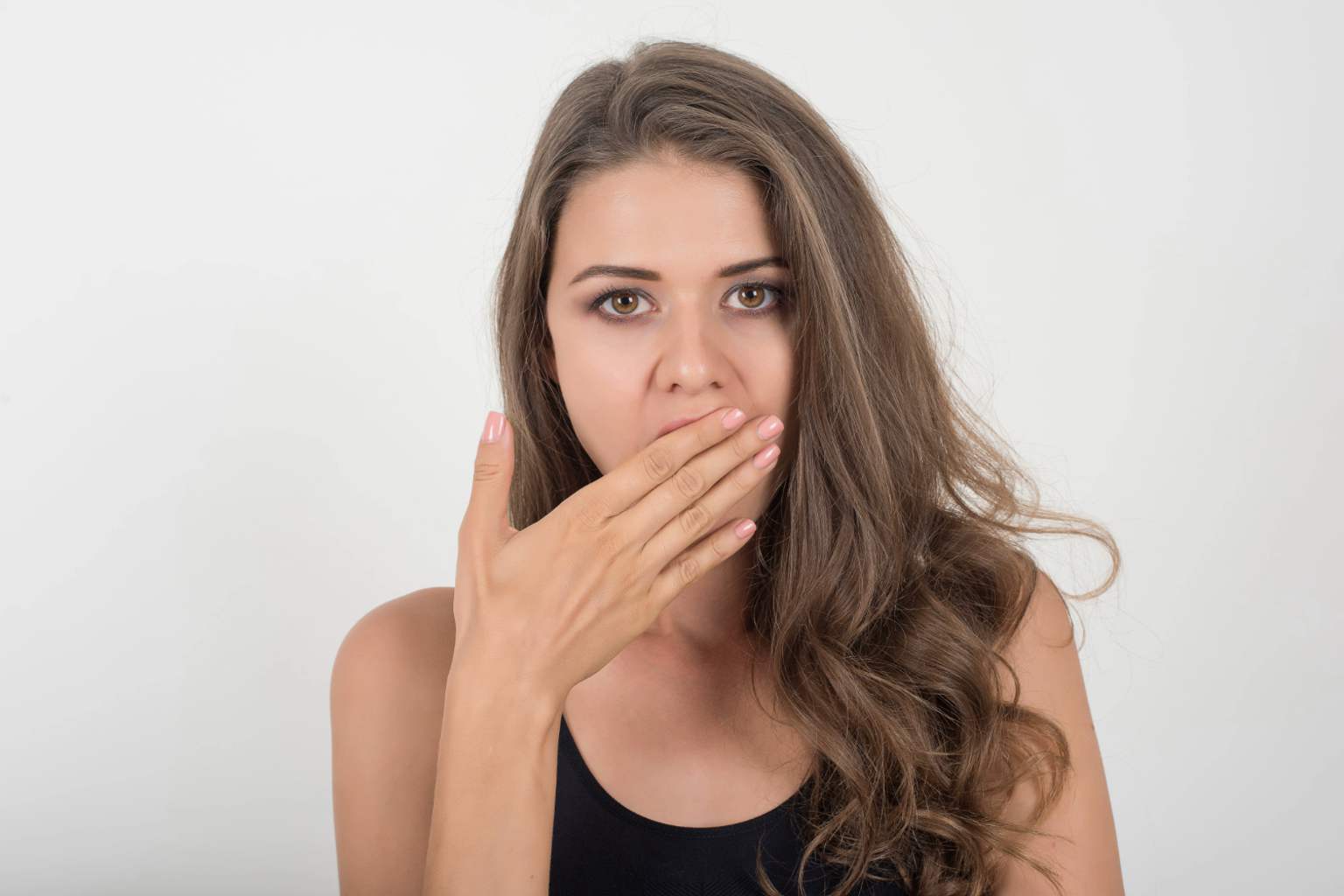Covering your mouth with your hand during a conversation might seem like a simple, even instinctive act. But beneath that small gesture lies a whole spectrum of hidden emotions and social signals. Whether it’s a reflex to contain feelings or a cultural habit, this behavior can reveal more than words alone.
Have you ever caught yourself or someone else doing this and wondered what it really means?
How emotions play a role in covering your mouth
One of the most common reasons people cover their mouth while talking is to suppress strong emotions. It could be an attempt to hold back laughter, hide surprise, or even stifle an emotional reaction like shock or sadness. This automatic gesture serves as a way to keep emotions from spilling out uncontrollably.
For example, I remember attending a serious meeting where a colleague unexpectedly cracked a joke. Instead of laughing out loud, she quickly cupped her hand over her mouth. Her gesture showed a conscious effort to maintain professionalism while feeling amusement bubbling inside. It’s a powerful, nonverbal way to manage feelings and social expectations simultaneously.
Signs of discomfort or insecurity behind the gesture
Beyond emotion regulation, covering the mouth often acts as a subtle shield to protect ourselves when we feel vulnerable or unsure. When someone is nervous about what they’re saying, or worries about how they’ll be judged, this gesture hides hesitation and insecurity.
Sometimes, it can even signal that someone is not telling the whole truth. While it’s not a guaranteed “lie detector,” covering the mouth can subtly indicate dishonesty or withholding information. The person might be feeling uneasy about the accuracy of their words or anxious about the listener’s reaction.
I’ve noticed this in conversations where people seem hesitant or overly cautious. Their hand over the mouth becomes a barrier, as if protecting their thoughts from being completely exposed.
The influence of culture on covering your mouth
Context matters greatly, especially when it comes to cultural norms and traditions. In some cultures, covering the mouth is a sign of politeness or modesty rather than nervousness. For instance, in Japan, it’s common for women to cover their mouths when laughing, reflecting a cultural value of restraint and decorum. Similarly, in parts of the Middle East, covering the mouth while yawning or coughing is a respectful gesture.
These differences highlight why it’s crucial to avoid quick assumptions about the meaning of this behavior. What might look like nervousness in one culture may actually be a traditional sign of respect in another.
When covering your mouth signals hidden thoughts or disagreement
Covering the mouth can also suggest that the speaker is holding back opinions or carefully filtering their words. People often do this in sensitive discussions or debates, pressing their hand over their lips as a way to temper immediate reactions or doubts.
This gesture can also be a sign that the listener is deeply processing information or wrestling with confusion. When combined with other facial expressions — like a furrowed brow or narrowed eyes — it may signal skepticism, doubt, or internal conflict.
I recall a heated conversation where one friend kept covering his mouth while listening. His subtle action spoke volumes more than any words—he was wrestling with whether to voice disagreement or remain silent.
Reading between the lines with context and other cues
Even though covering the mouth can have several meanings, context is key to decoding what’s really going on. Is the person overwhelmed with emotion? Are they complying with cultural etiquette? Or are they feeling uncomfortable or even deceptive? Observing the timing of the gesture along with other body language like eye contact, posture, and facial expressions will give you a more complete picture.
Thinking back on some of my own conversations, I’ve learned that noticing these subtle cues helps me better understand others’ feelings and intentions. It reminds me that sometimes, what’s not said with words speaks loudest.
Have you ever noticed someone covering their mouth in conversation? What do you think that gesture meant? Share your thoughts and experiences—I’d love to hear your take on this intriguing slice of human behavior.
